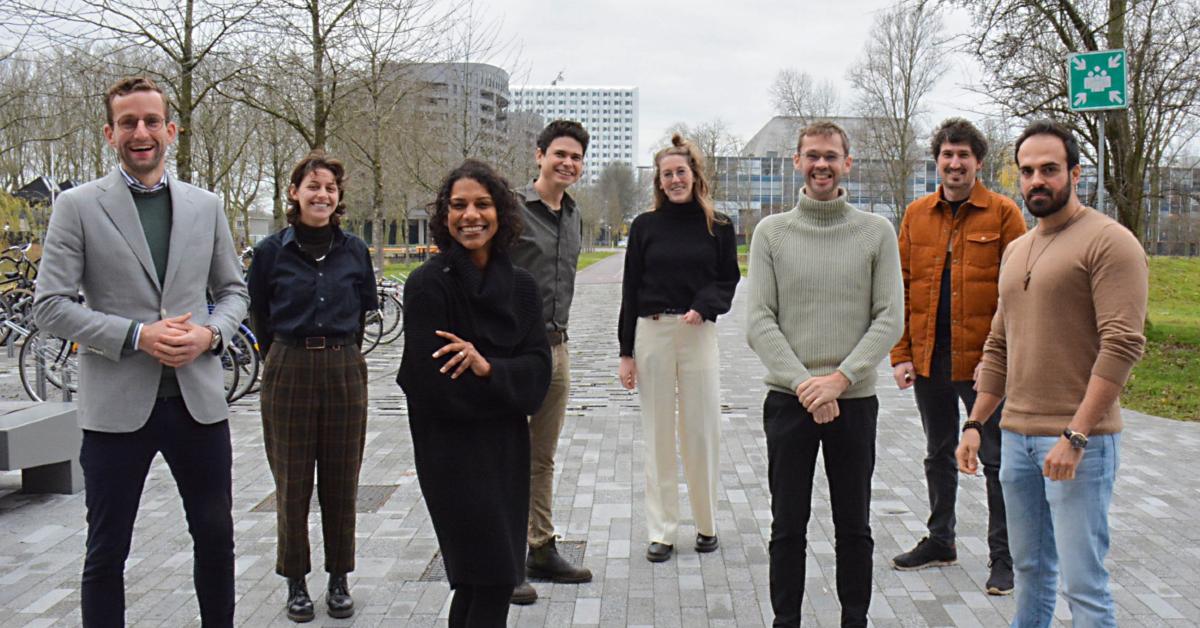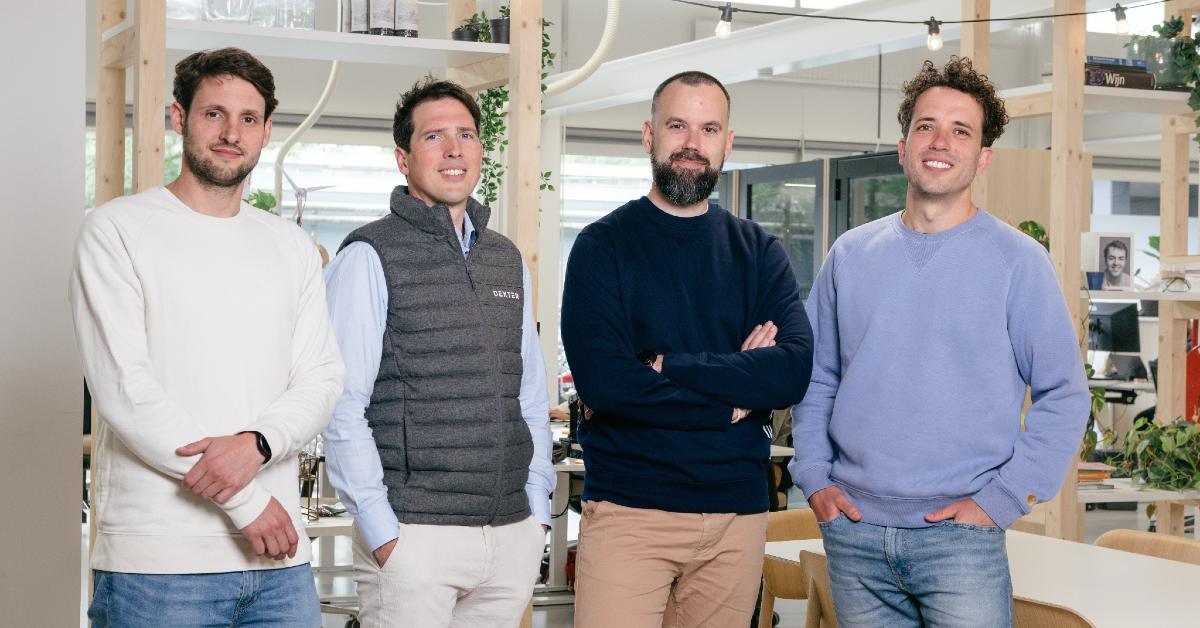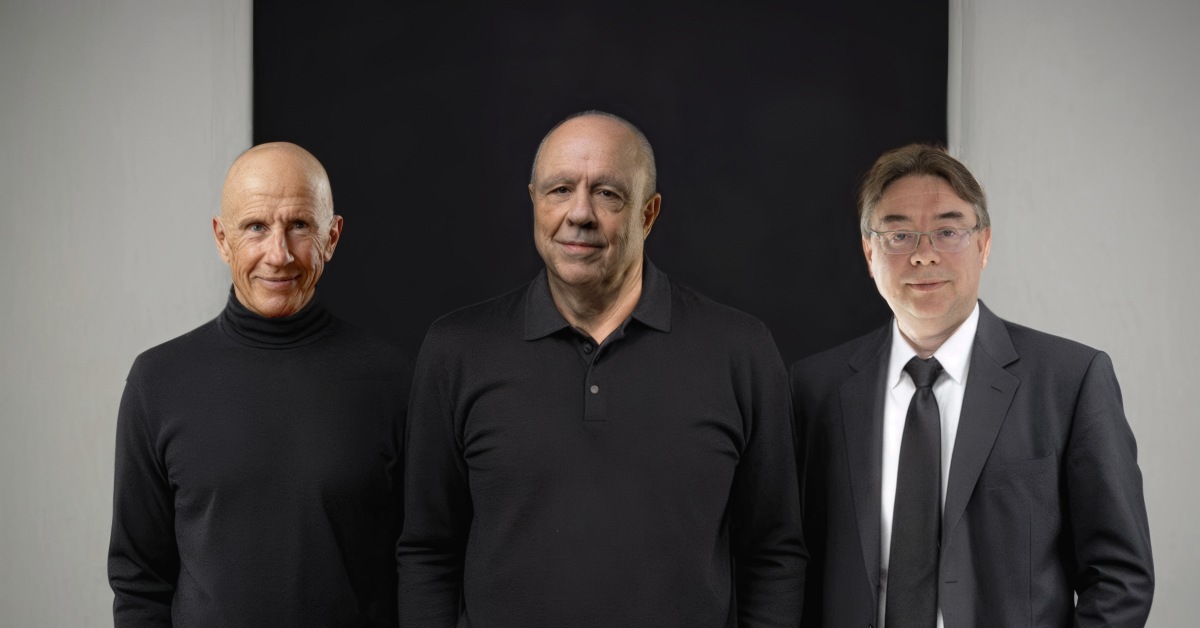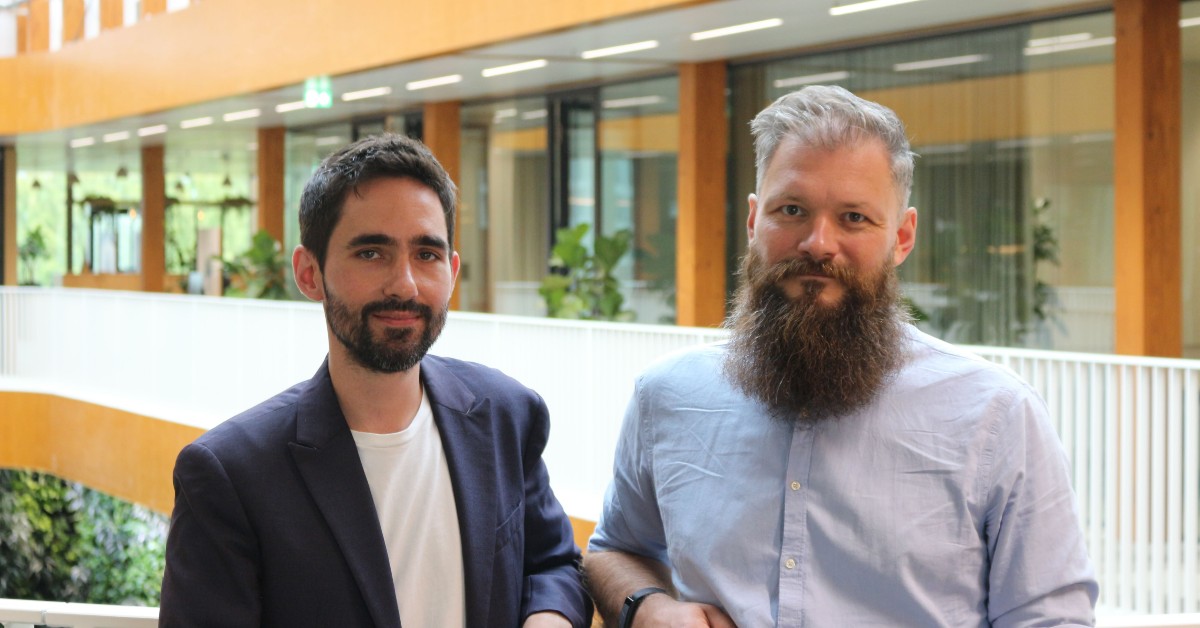With the rapid increase in global warming, the focus has recently shifted towards encouraging greener energy production practices. The EU has pledged to go carbon neutral by 2050, which is a notable commitment. However, in order to do so, countries in the EU need to plan a major transition to renewable energy generation. Startups could be a major help in achieving this goal. Furthermore, a new report by TechLeap notes that there’s a great potential for sustainable Amsterdam-based energy startups, but the investments are nowhere near enough.
Flattening the climate curve
TechLeap is a non-profit funded by the Ministry of Economic Affairs and Climate Policy. The organisation helps accelerate the Netherlands’ tech ecosystem by offering programs and initiatives. The new report by the non-profit maps the energy ecosystem in Europe, and it conducted research with over 120 sustainable energy startups. All this fits into the broader theme of the report to gain insight into what hinders growth for sustainable tech companies and how they can be removed.
Challenges for Amsterdam-based energy startups
As per the report, scaling opportunities for sustainable energy businesses are slowed down by challenges, in particular, access to markets and capital. Additionally, connectivity is also a problem since connecting with the right partners, both from VC and startups’ end, can be difficult. The graph below is from the report, and it indicates investments that happen every year in the energy sector. As evident, the Netherlands has a relatively high number of startups and a low number of scaleups per capita.
Looking at investment transactions via Dealroom and the startup survey, Dealroom claims that 72% of the Dutch energy startups have no known registered funding. Startup survey results also indicate that most respondents’ latest funding type was seed investment (48%), while 18% of participants received no funding at all.
Later stage companies mostly reached series B and seed investments (both 33%). On average, total funding to date is €3.22M for early-stage businesses and €14.46M for late-stage companies.
Alongside funding and connectivity, another important difficulty for energy startups is protecting their intellectual property. Furthermore, having a well-functioning and diverse team is also a key requirement for a startup, which companies this sector have shown lacking.
Over 25% of the startups and scaleups in the energy domain observe high competition in terms of salaries within their sector or with corporates, the report states. Gender balance also needs to see some improvement in energy startups, which is deemed central to help foster innovation, resilience and growth through a greater variety of problem-solving approaches, perspectives, and ideas.
The commercialisation of IP is another aspect that needs to be improved, which could help energy startups generate more revenue. The report takes a look at the number of IPs created, which is promising since half of the companies participating in the survey said they create their own hardware. However, only 13% of the respondents own a patent on their technology, and merely 17% are commercialising a patent from a university.
RISE Programme
The TechLeap report also introduces the new batch of companies that will be participating in the RISE programme. The programme is designed to help and support the most promising Amsterdam-based scaleups. For this year’s batch, scaleups that fit the ‘flatten the climate curve’ theme were selected, and these scaleups are working around scaleup-building solutions pertaining to topics such as energy efficiency, smart & circular living. And sustainable mobility.
The program will enable the scaleups to form connections and gather insights. After joining the programme, these scaleups will join five expert sessions with scale coaches, who will answer their questions about the talent, capital and going international with people who have gone through it before. TechLeap says 78 companies applied for the program and 20 scaleups were selected to deliver their pitch digitally. Out of these, 11 scaleups that proved to be the best fit for the programme were selected.
DyeCoo®, Excess Materials Exchange, Felyx, Hello Energy, Hardt Hyperloop, Overstory, Lightyear, Physee, Solarge, Sensorfact and Sympower are the 11 startups that have made it to this year’s RISE programme.
Image credits: TechLeap










01
From telecom veteran to Dutch Startup Visa success: The Jignesh Dave story